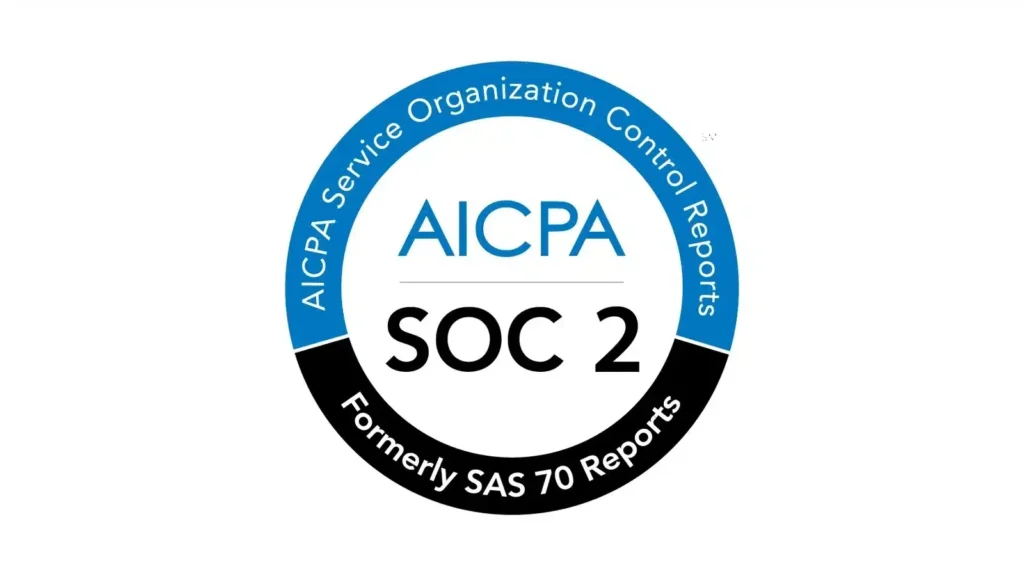-
Solutions
Discover Talent
Access top-tier candidates worldwide with our Global Talent Acquisition and recruitment services.
Employer of Record
Onboard top talent quickly and compliantly with our Employer of Record service.
Manage Employment
Adopt a human-centric approach to employee management, ensuring compliance.
Jump to:
Brazil Facts and Stats
Currency
The official currency in Brazil is the Brazilian Real, with the symbol BRL
Employer Costs
Estimated at 7.50% – 14.00% of employees salary
Languages
Portuguese is the official language in Brazil
Population
215.31 Million
Payroll frequency
Most employees are paid monthly
Hiring
Grow your team in Brazil
No entity, no problem
To start growing your team in Brazil, you must establish a local entity- including an account with a local bank, a local office and an address registered as a subsidiary.
This allows you to manage payroll, tax, benefits and compliance for your employees, but can take several months.
Emerald can hire and payroll your workers, quickly and compliantly with their ready to go entity. Make growing your team simple with Emerald as a global partner.
Pros & Cons of hiring in Brazil
Brazil is the largest and most populous country in South America with the eighth-largest economy in the world. Its large talent pool of experienced and highly skilled technology workers makes Brazil a great choice for businesses.
However, Brazil is known to have strong employment laws in place that favour employees. For example, some of Brazil’s employee entitlements may exceed the
benefits that your business currently provides. Establishing and operating a business there can be a complex process.
Why Brazil is good for remote workers
Remote working, known as trabalho a distancia (working away from the office), has been growing consistently in Brazil in recent years.
The Brazilian Labour Reform legitimised remote working in 2018 and has made further progress since. Brazil has all the characteristics of a remote workers’ hub, including reasonable cost of living, safety, a community of digital nomads and entrepreneurs, and good WiFi.
Start growing your remote workforce now
Employer Costs
| Employer payroll contributions are generally estimated at an additional 7.50% - 14.00% on top of the employee salary in Brazil. | |
| Social Security (INSS)(comprising 20% to INSS and approximately 8.8% to other social taxes) | 28.8% |
| Work Accident Insurance (RAT/FAT) | 2.00% |
| Employees Severance Indemnity Fund (FGTS) | 8.00% |
| Vacation bonus | 2.78% |
Benefits
Mandatory Benefits
Old-age retirement pensions
Pensions due to death
Illness and injury benefits
Disability benefits
Meal vouchers
Parental leave
All covered by social security fund- INSS
Additional Benefits
Some employers like to offer additional benefits to improve employee retention and satisfaction.
Private Healthcare
Employment
Probation
The law allows probationary periods to enable the employer to evaluate the employee’s competence. This period is also for the employee to assess whether the job suits them. The trial period must not exceed 90 days.
Emerald Technology can onboard employees in Brazil within 48 hours.
Insurance
01.
Social Security Contributions in Brazil
Social contributions in Brazil are paid by both the employer and the employee. Indeed, every company which hires in Brazil has to pay taxes and social security for
their employees. Below we’ll discover some of the mandatory benefits for employers:
FGTS (Severance fund): the FGTS is a Brazilian tax that works as an assistance fund for workers in specific situations. For example, a worker dismissed without
cause will benefit from the FGTS. The Tax Rate for FGTS is 8%.
INSS (Social Security): the INSS is another fund which manages the social security in Brazil but also the pension system. The Tax Rate for INSS is 20%.
RAT (Social tax): basically, the RAT tax is the working accident contribution the company needs to pay to cover work-related injuries.
The Tax Rate for RAT is 1%. Terceiros (Social tax): this tax is another contribution to governmental institutions related to employee’s fund for training. The Tax Rate for
Terceiros is 6%. Employees also participate in the financing of social benefits by paying employee contributions that are deducted from their gross salary.
In Brazil, each employee is required to contribute to the INSS (Social Security).
Leave Policy
01.
Maternity Leave
Mothers in Brazil are legally entitled to four months of maternity leave. They cannot be terminated during the entire pregnancy or within one year of their child’s birth date. During their maternity leave, they are entitled to full salary and benefits. Under certain circumstances, employers may extend the four-month period by 60 days and write off the payment as a tax deduction
02.
Paternity Leave
Fathers may take up to five days of paid leave.
03.
Sickness Leave
Employees in Brazil are entitled to maximum compensation from their employer for the first 15 days of illness (upon presentation of a medical note). Thereafter, they
may receive payments from a social program called INSS.
Onboarding
Onboarding
As the legal employer, Emerald Technology requires the following employee documents to ensure complete compliance:
Emerald Technology can onboard employees in Brazil within 48 hours.
Termination
Resignation and Dismissal
When an employer dismisses an employee it must be with just cause and they must give them notice. The notice period starts from the day after the employer notifies the employee of the termination. Notice must be given in accordance with the following schedule at a minimum:
Within the probation period, either party may terminate employment by providing 15 day’s notice in writing. Once the probation period has ended, the notice period increases to one month when length of service is between three months and fiver years, and two months’ notice when length of service exceeds five years. |
Compensation
The contract may be terminated on either the employer’s or employee’s initiative.
In the case of dismissal with cause, the employee will be entitled to the proportional salary for the days worked after last payment (including proportional 13th salary). There will be a pro-rata payment for accrued holiday entitlements and bonus. No prior notice is required.
In the case of dismissal without cause, the employee will benefit from 30 days of notice. In addition to the payment of accrued rights mentioned above, they will benefit from the provision of the guarantee fund (FGTS). It will also be necessary to add a penalty corresponding to 40% of the accumulated value of this fund.
When an employee resigns, they will be entitled to the proportional salary for the days worked after last payment (including proportional 13th salary) and pro-rata payment for accrued holiday entitlements.
Time off
Statutory Time off
Full-time employees are entitled to 30 days’ paid leave annually after completing their first year. They are also entitled to a vacation bonus of one-third of their
regular monthly salary.
Public Holidays
- Public Holidays
- New Year’s Day
- Tiradentes’ Day
- Labour Day
- Independent Day
- Our Lady of Apercida
- All Souls’ Day
- Republic Proclamation
- Christmas
Emerald Technology can onboard employees in Brazil within 48 hours.
Salary / Taxes
Work, Pay and Taxes
01.
Minimum Wage
Brazilian labour law specifies that any worker is entitled to a remuneration. This salary is usually paid monthly. Today, the minimum wage is currently BRL 1.100
(approximately $ 192.55 / € 171.00).
Another key point is that your employment contract should clearly states compensation details. As an employer in Brazil, Unions may also pressure you to increase
wages periodically.
02.
Working time and Overtime
The standard working week is 44 hours. Each workday lasts 8 hours, Monday – Friday and 4 hours on Saturdays. However, employer-employee contracts and
collective bargaining agreements usually set the workday hours at 9 hours per day and two full days off.
Also, any overtime is paid at twice the normal base salary rate. Sundays and holidays are usually paid at +100% and nights at +20%. For any overtime going beyond
9 hours per week, employees must be paid at triple their normal base salary rate.
03.
Salary Payments
In accordance with the requirements of Brazilian legislation, salary must be paid no less frequently than twice a month and paid in Brazilian reais.
04.
Bonus
In Brazil, all companies provide their employee with a 13th-month salary at the end of the year equal to one month’s salary.
05.
Income Tax
The Income Tax is an annual tax levied on the individuals and companies’ incomes by the Federal Government. The government requires workers and businesses to report their annual income to the Receita Federal. In that statement, the taxpayer needs to report all service income and expenses for the previous year. The period is usually from the beginning of March to the end of April.

Worker misclassification in Brazil
Similar to other countries, Brazil has strict rules on classifying individual contractors and full-time employees differently. Misclassifying your workers can put your business at risk of fines.
Enquire about our global hiring solutions
Start a conversation on how we can assist you to grow your remote team.
